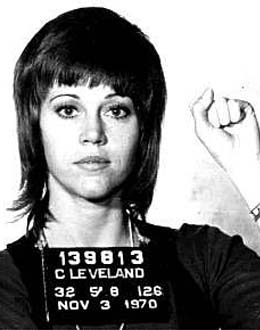
In 2001, Dr. Andrew Bagby was found murdered and suspicion immediately fell on his ex-girlfriend, Dr. Shirley Turner, whose inconsistent stories to the police made her the chief suspect in the crime. The sequence of events that followed (some of which director Kurt Kuenne documents as they occur) were beyond even the worst nightmares of his family, friends, and colleagues.
But to say the facts of the case make up the bulk of the film would be a misnomer.
The body of the film is the result of Kuenne's cross country (and cross Atlantic) trip to interview anyone who came into contact with Andrew, his childhood friend. It's an interesting thing to see so many people working through their grief, expressing it in different ways. Most affecting are the interviews with Andrew's parents whose lives are tied up in the legal and personal dramas that unfold around the trial. In the end, this film becomes as much about their dedication and resiliency as it does about their son.
Dear Zachary is a tricky film to review because so much of what's wonderful about it is indescribable to somebody who hasn't seen it. It's a raw, angry, passionate, overwhelming, sweet, heart breaking tearjerker of a documentary, and so much of it's power comes from developments Kuenne had no control over, though it would be wrong to say that nobody saw them coming. The audience is introduced to revelations in the same way as every one interviewed for the film.
This is not an extremely polished film, but
Dear Zachary wouldn't feel as emotionally honest as it does had it been so. The film is almost a home movie and, perhaps, would have been so had the story of Bagby family proceeded differently. It is a gripping, powerful movie and is easily amongst the best films of the year.
Sometimes a film doesn't need a shiny polish if it's got a beautiful heart.
 RJ: Weird . . .
RJ: Weird . . .
























































